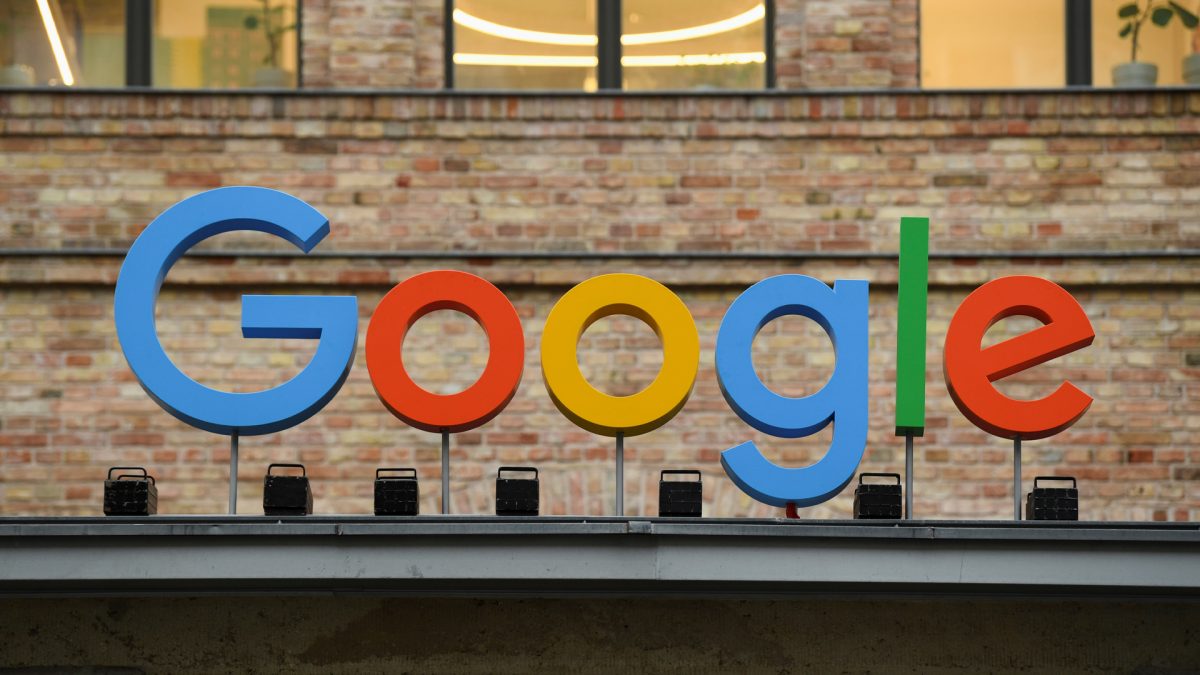Google is once again under scrutiny after being accused of violating user privacy. The company’s Gemini assistant, which operates across its communication platforms, is at the center of a new legal dispute. The complaint alleges that Google collected private data from millions of users without their knowledge or consent.
Allegations of secret activation
According to the lawsuit, Google’s parent company Alphabet allegedly activated Gemini across Gmail, Chat, and Meet in October without alerting users. Previously, individuals could choose to turn on the feature if they wanted to use the assistant. However, the plaintiffs claim that Google quietly enabled it for all users, granting the tool access to sensitive communications and personal details shared through emails, messages, and video calls.
Claims of privacy violations
The lawsuit accuses Google of breaking privacy laws by using Gemini to scan and store private exchanges. It alleges that this covert data collection allowed the tech giant to gather information from confidential messages and conversations. The complainants argue that users were misled into believing their personal communications remained secure, while the company allegedly monitored them through its expanded AI features.
Potential consequences for the company
If proven, the allegations could have serious legal and financial consequences for Google. The case raises fresh concerns about how large technology firms handle user information and the extent of their transparency in deploying new features. Regulators and privacy advocates have long warned about the growing risks of data misuse in digital communication platforms. The outcome of this case may influence future rules on how technology companies manage privacy and user consent while implementing automated services.
)